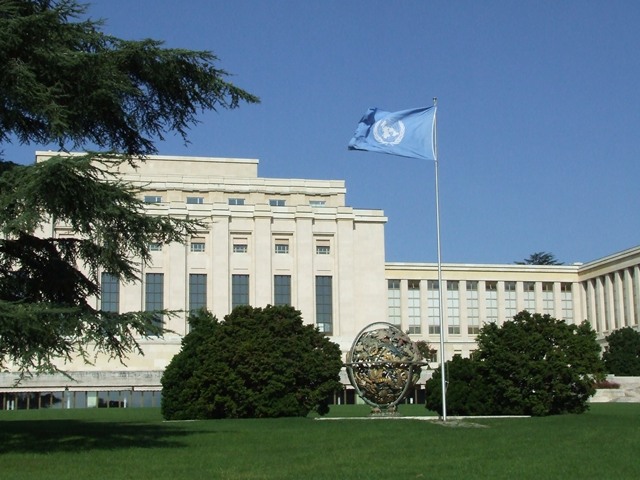UN: Short Term Housing Needs Balancing Benefits and Challenges
A UNECE study on the sharing economy and its effects on housing markets shows how the massive emergence of temporary rental accommodation via platforms such as AirBnB has changed living habits in cities, and highlights highlight a range of policy and regulatory approaches that can be taken to balance the benefits and negative impacts, including on housing affordability.
The study surveyed 43 cities in 17 UNECE member countries such as Athens, Barcelona, Berlin, Dublin, London, Paris, Oslo, Rome, Stockholm and Vienna. Spanish and Italian cities made up nearly half of all top destinations included in the study, with 10 cities included in each country.
The concept of collaborative or sharing economy when applied to the housing sector is the sharing of space in exchange for a portion of housing costs. Renting residential space, whether the whole house or part of it, for a short period of time is considered a sharing activity in the housing industry. Popularized by sharing platforms like AirBnB, these models offer a flexible and efficient way to make rental transactions.
Balancing impacts on lives, economies and housing markets
Short-term rental activities can have both positive and negative effects that need to be fully considered in policy responses, the study points out. The short-term rental market is creating a new business model that can contribute to competitiveness and economic growth. Annual short-term rental income amounts to 3-7 billion euros in some cities (Rome (3 billion euros), Paris (4.8 billion euros) and London (7 billion euros) in 2018-2019). The study concludes that public finances could benefit from taxing the income on these short-term rentals.
Short-term rentals can in particular increase the supply of accommodation to tourists, who can constitute a significant part of the urban population: for example in 2018, rental visitors represented 51.8% of the population of Palma. However, this model has also been criticized for creating “a shadow hotel industry”. In Girona, Mallorca and Prague, around 50% of short-term accommodation is run by hosts with more than five properties.
Among the main challenges that have emerged in the region is the effect on the supply of long-term rental accommodation due to the increasing demand for short-term rentals. In small towns such as Giron and Menorca, the percentage of the housing stock used for short-term rental reaches 59% and 33% respectively. Gentrification is a challenge in a number of cities, as price increases due to the proliferation of short-term rentals push residents out of town or to other towns. Other impacts include the agglomeration of the population in city centers, with increased pressure on public and health services and transport, as well as noise, pollution and the modification of the quality of life of the districts.
These are just some of the factors that should be considered when formulating policy measures and adopting regulations for the short-term rental market, according to the study. He further underlines the need for transparency in the number of rental transactions.
In order to better regulate the sector, the study suggests that taxation and occupancy costs, by differentiating occasional guests from “professional” guests, would prevent “hotelization” and keep subsidized housing on the market at controlled rents. for residential use. Measures such as taxing “professional” guests, limiting the length of time a unit can be listed, and the number of units in a building that a single owner can offer for rental all help to regulate and reduce negative externalities of the short-term housing market. Short-term rental hosts may even be incentivized to build affordable housing specifically for rental, increasing the economic benefits of the short-term housing market and unlocking more housing opportunities.
The 43 cities and localities included in the study were Amsterdam, Antwerp, Athens, Barcelona, Bergamo (province), Berlin, Bologna, Bordeaux, Brussels, Bristol, Copenhagen, Dublin, Edinburgh, Euskadi-San Sebastian, Euskadi-Bilbao, Florence , Geneva, Ghent, Girona, Manchester, Istanbul, Lisbon, London, Lyon, Madrid, Malaga, Majorca (island), Menorca (island), Milan, Naples, Oslo, Paris, Porto, Prague, Puglia-Bari (province), Rome, Seville, Sicily (island), Stockholm, Trentino, Venice and Valencia.
The study is available online at https://unece.org/info/Housing-and-Land-Management/pub/371516.


Comments are closed.